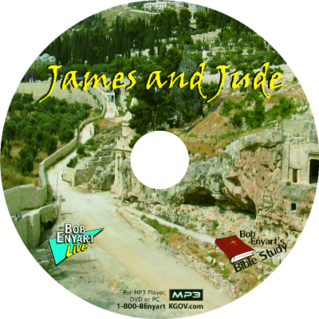Thank you for conceding the point.
For as many of you as were baptized into Christ have put on Christ.There is neither Jew nor Greek, there is neither slave nor free, there is neither male nor female; for you are all one in Christ Jesus. - Galatians 3:27-28
http://www.biblegateway.com/passage/?search=Galatians3:27-28&version=NKJV
and have put on the new man who is renewed in knowledge according to the image of Him who created him,where there is neither Greek nor Jew, circumcised nor uncircumcised, barbarian, Scythian, slave nor free, but Christ is all and in all. - Colossians 3:10-11
http://www.biblegateway.com/passage/?search=Colossians3:10-11&version=NKJV
In the Body of Christ, there is neither Jew nor Greek.
In the New Covenant, PRIOR to the Body of Christ, and those who were saved by it did not switch groups, and would probably still be alive when James wrote his letters, would still be participants of the New Covenant, there ARE Jews, and Proselytes.
Again, James was writing to "the twelve tribes."
Clearly not the Body of Christ, because of what Paul said, which I quoted above. Just because there are similarities doesn't make them the same.
Also, I recommend listening to Bob's Bible Study on James:
science, philosophy, theology, morality, criminal justice, the Bible, apologetics

store.kgov.com

